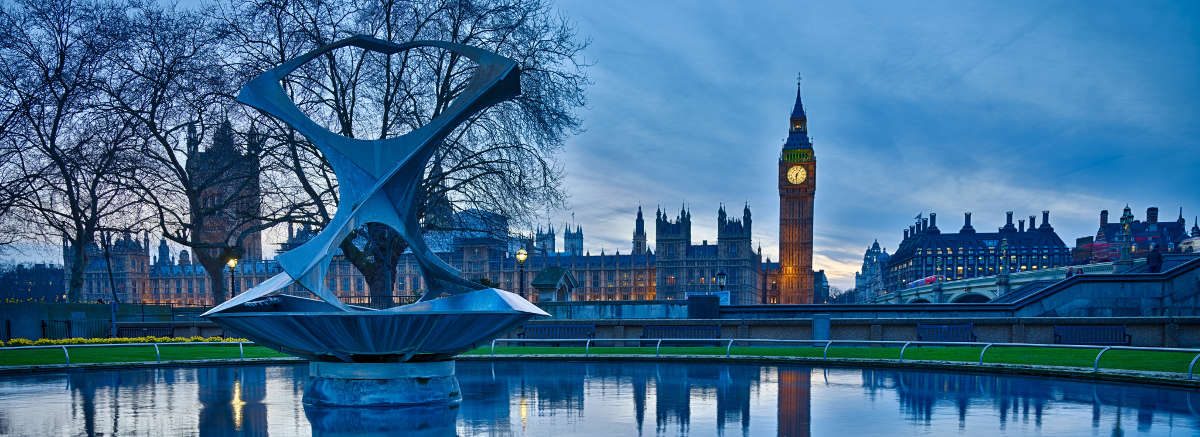Written by Anthony Cheesman
Tony Cheesman was born in 1939 and underwent his undergraduate medical training at Charing Cross Hospital. Following a postgraduate visit to the State University of Iowa he decided to seek a career in otolaryngology. He underwent his postgraduate training on the ENT training programme of the Royal National Throat Nose and Ear Hospital (RNTNEH). Following this training he was appointed senior lecturer in the University Hospital of the West Indies, Mona, Jamaica.
During his two years in Jamaica he ran a very active Head & Neck unit dealing with cases from all over the Caribbean. By necessity, he rapidly expanded his expertise in reconstructive surgery and maxillo-facial trauma. Working closely with the neurosurgical unit on major head and neck trauma gave him a good grounding in basic neurosurgical practice.
Planning to pursue an academic career he returned to the RNTNEH as Senior Lecturer in Otology and provided an otological service to the National Hospital for Neurology and Neurosurgery, Queen Square. Here, he developed his lateral skull base skills with Prof Lindsay Simon and Prof Alan Crockard. Initially the work was primarily concerned with the joint removal of acoustic neuromas, but following a short sabbatical with Prof Ugo Fisch in Zurich, he returned to develop an extensive practice in the surgical management of jugular paragangliomas. This included developing surgical techniques for the rehabilitation of swallowing.
As his neurosurgical colleagues realised the benefit of having a surgeon familiar with the inferior aspects of the skull base, the Queen Square workload expanded to cover problems of the anterior and central skull base. This resulted in the formation of the U.K.’s first multidisciplinary Skull Base unit.
He subsequently became an NHS consultant between Charing Cross Hospital and the RNTNEH. Whilst continuing his otological and lateral skull base work at Grays Inn Road, he expanded the head and neck oncological work at Charing Cross Hospital forming one of the first multidisciplinary teams (MDT).
In conjunction with Dr Alison Perry, Speech Therapist and Dr James McIvor, Radiologist they developed the first surgical speech rehabilitation programme in the UK. Dr Perry’s Semon Lecture detailed their investigation of failed speakers following laryngectomy and the development of the selective myotomy of the upper oesophageal sphincter which has proved to be a key factor in the development of fluid post-laryngectomy speech.
During his time with Prof Donald Harrison he developed an interest in tumours of the nose and paranasal sinuses. He observed Peter Clifford’s work on craniofacial resection at the Royal Marsden Hospital, and following Peter’s retirement due to ill health he developed the craniofacial program at both Charing Cross Hospital and the RNTNEH. Using his experience of the Ugo Fisch approach to the lateral skull base he modified the Clifford approach to develop the window craniotomy craniofacial resection. The results of this work are discussed in his Semon lecture.
He has lectured around the world on the topic of skull base surgery giving many invited lectures, such as the Gordon Smith lecture, in which he was able to acknowledge the help of Gordon in the development of lateral skull base surgery.
He did much to develop the subspecialty of Skull Base Surgery.
- He was a founder member of the International Skull Base Society.
- He was the founder secretary of the World Federation of Skull Base Societies.
- He was president of the British Skull Base Society.
- He was Hunterian Professor of the Royal College of Surgeons, describing the evolution of skull base surgery.
- Visiting Fellow to American Skull Base Society.
During his retirement he continued teaching at the Royal College of Surgeons of England on ENT, skull base and head and neck anatomy topics.
